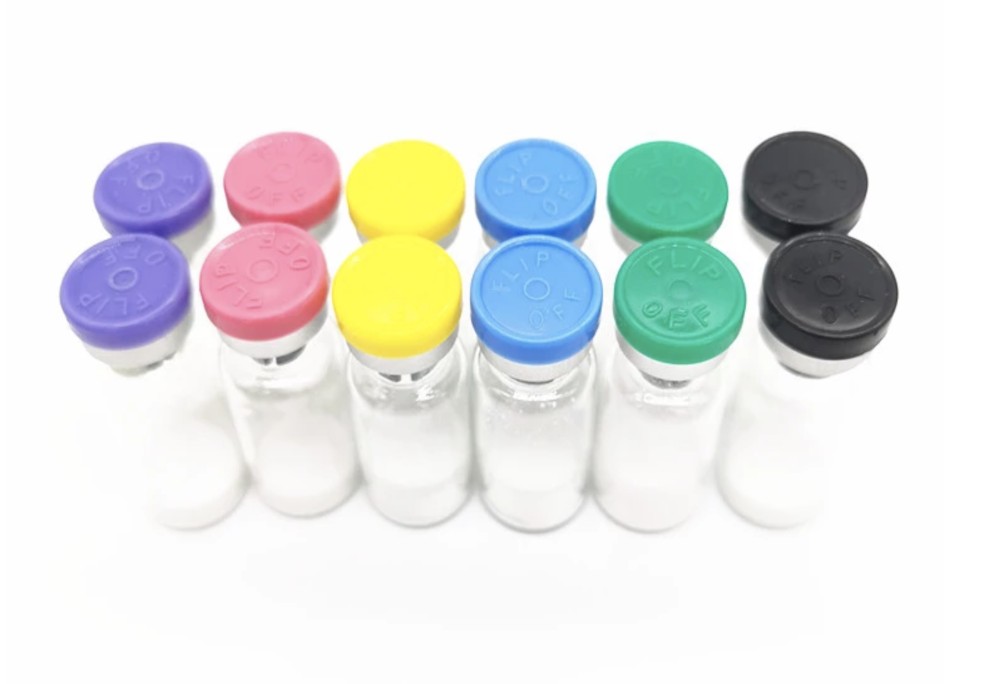Thymosin β4 is a ubiquitous, 43-amino acid acidic polypeptide with a molecular weight of 4.9 kDa.It is highly conserved across species, and is found in all tissues and cell types except red blood cells. Thymosin β4 is a multifunctional protein that promotes cell migration, stem cell recruitment and differentiation, protease production, and the expression of various regulatory genes, such as laminin-332, fibronectin, zyxin, VEGF, matrix metalloproteases, hepatocyte growth factor, and antioxidative enzymes (Table 1). It inhibits inflammation, microbial growth, scar formation (by reducing the level of myofibroblasts), and apoptosis, and protects cells from cytotoxic damage, including glutamate neuronal toxicity.Thymosin β4 binds to G-actin, blocks actin polymerization, and is coreleased with factor XIIIa by platelets, suggesting its importance in wound healing.






















